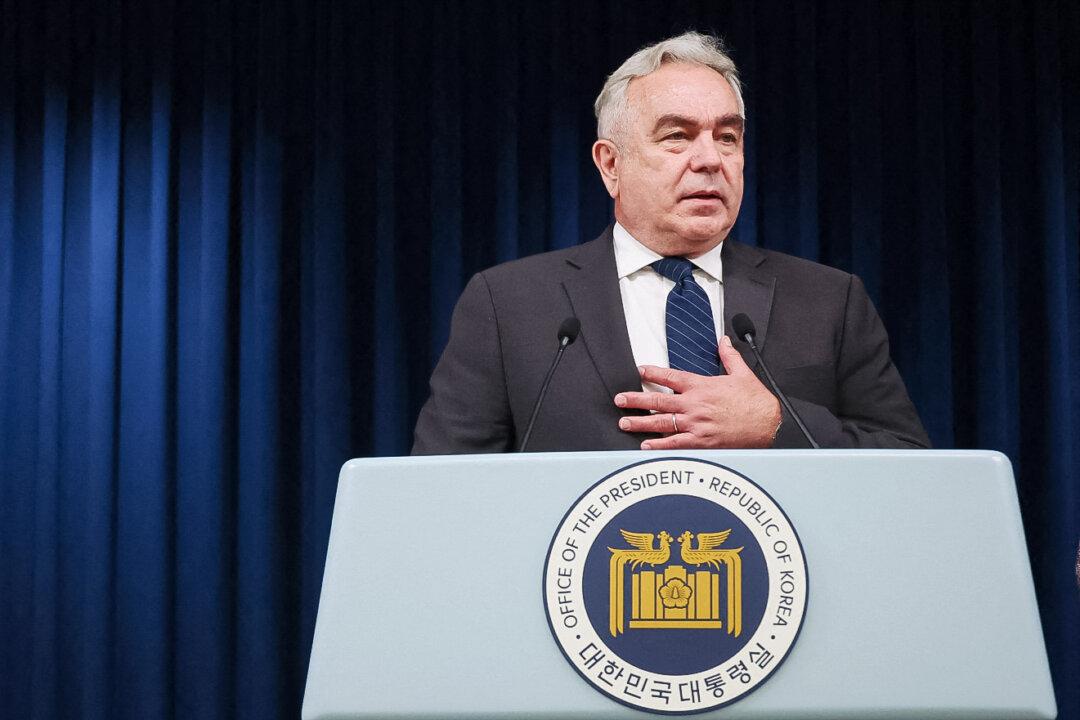U.S. Deputy Secretary of State Kurt Campbell said on Sept. 10 that he has great concerns over the escalating partnership between Russia and China, which could be counteracting the military advantages the United States had over the Chinese Communist Party (CCP).
Campbell was speaking to reporters after meeting with senior EU, NATO, and Belgian officials in Brussels this week.





